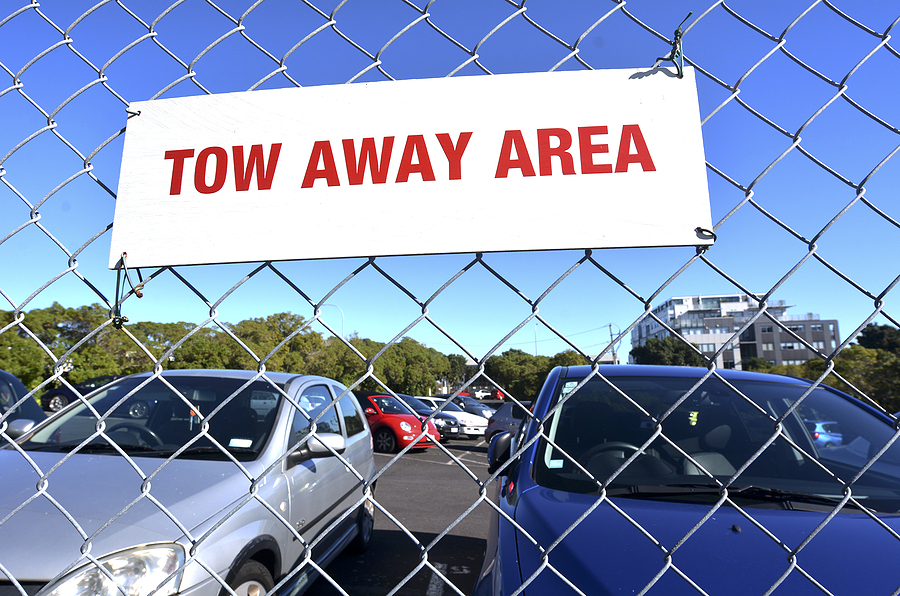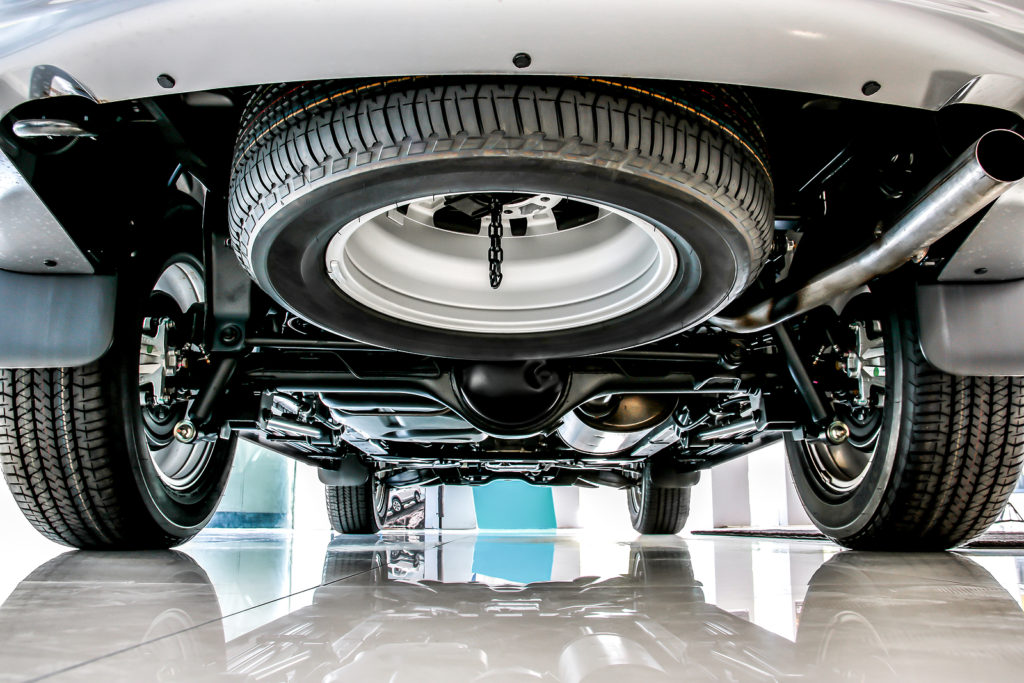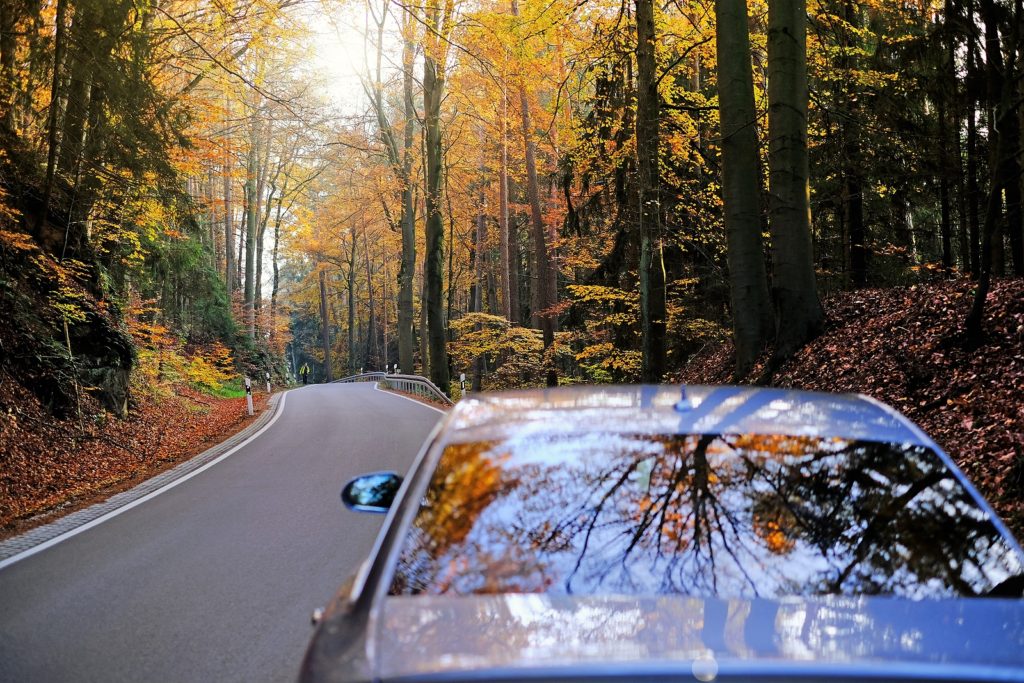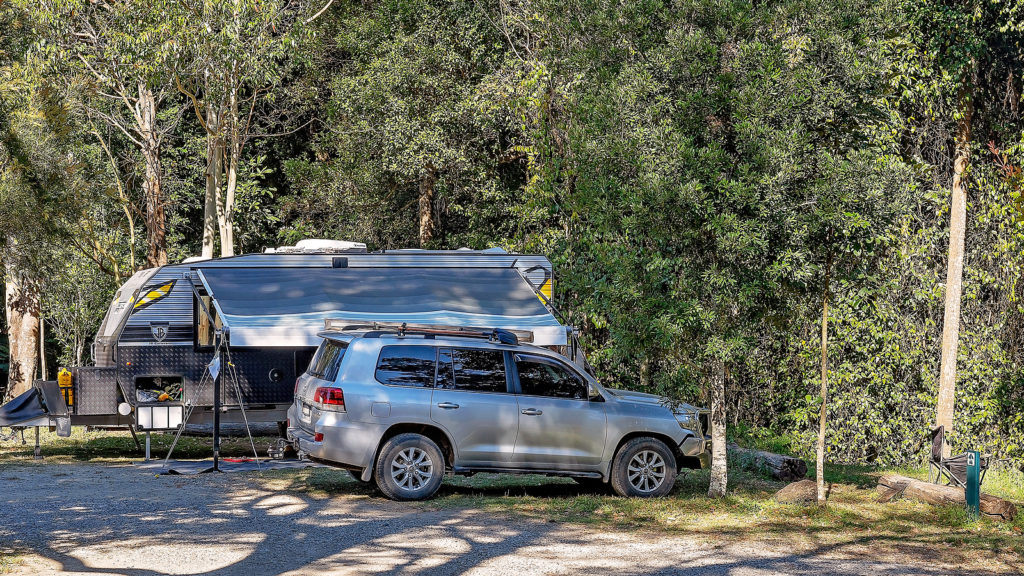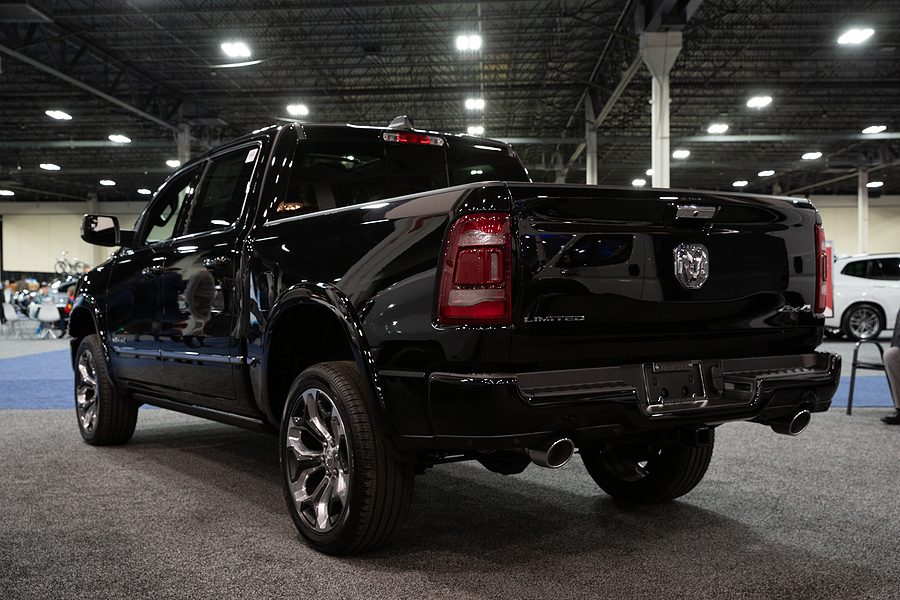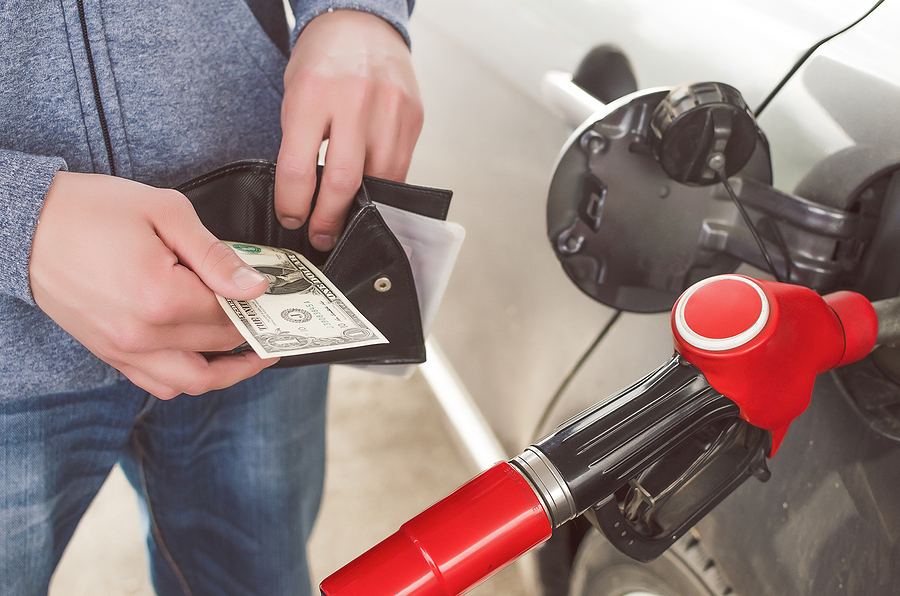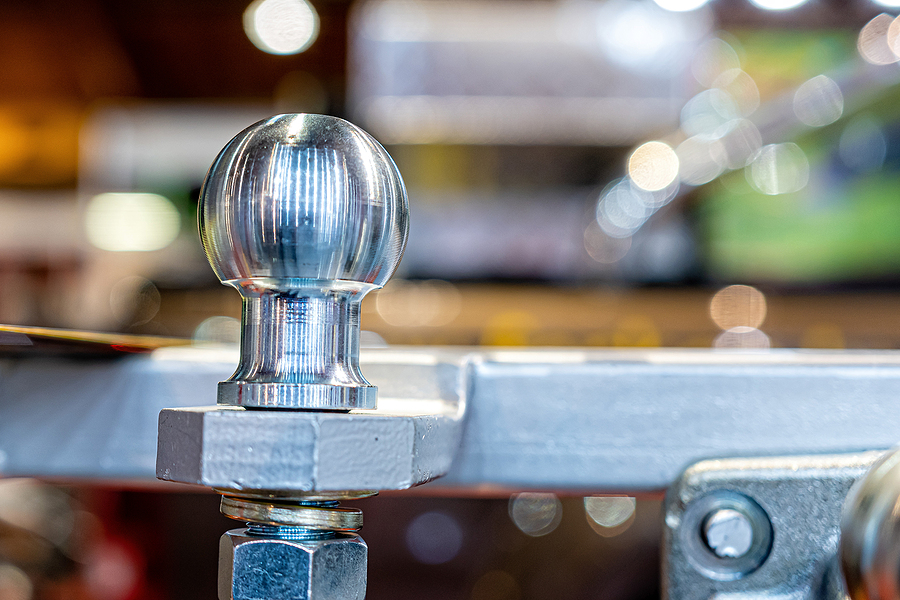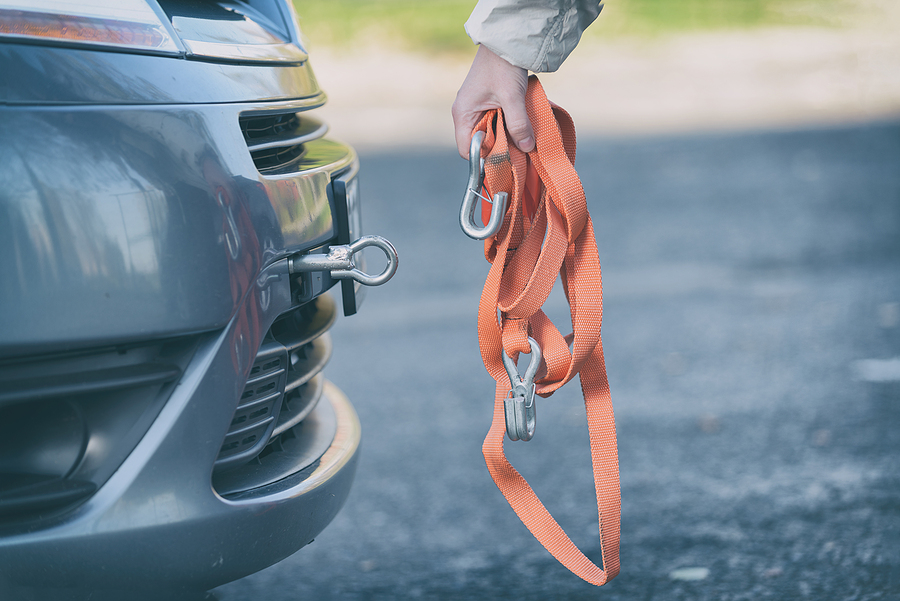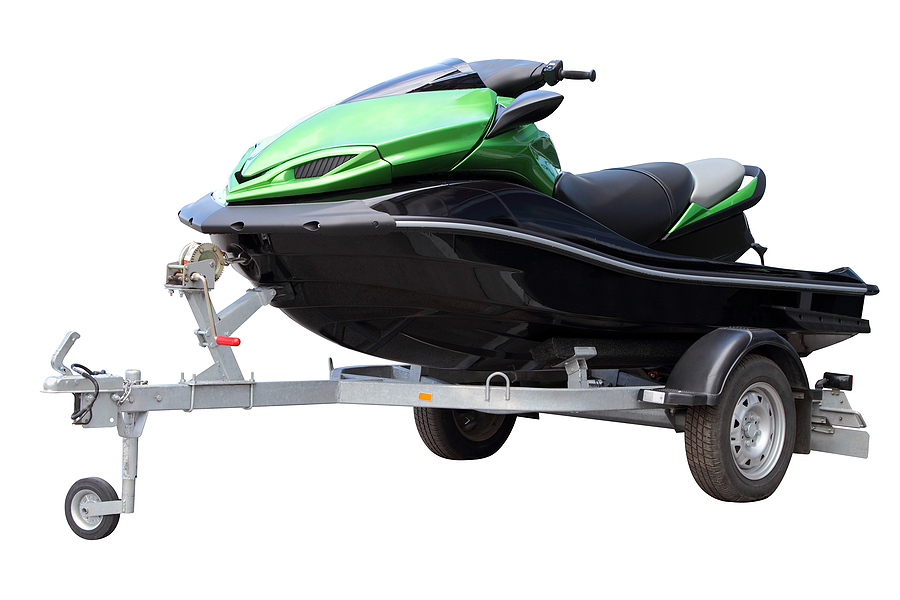Tongue weight (TW) is incredibly important when it comes to towing and hauling cargo with your car. Improper tongue weight would make it very difficult to operate your vehicle, let alone do so safely. If you are not familiar with tongue weight calculations and recommendations, it is vital that you educate yourself before hitting the road with a trailer in tow.
Continue reading to learn how tongue weight effects a car’s ability to perform, and how to determine your make and model’s manufacturer’s instructions for tongue weights and towing capacity.
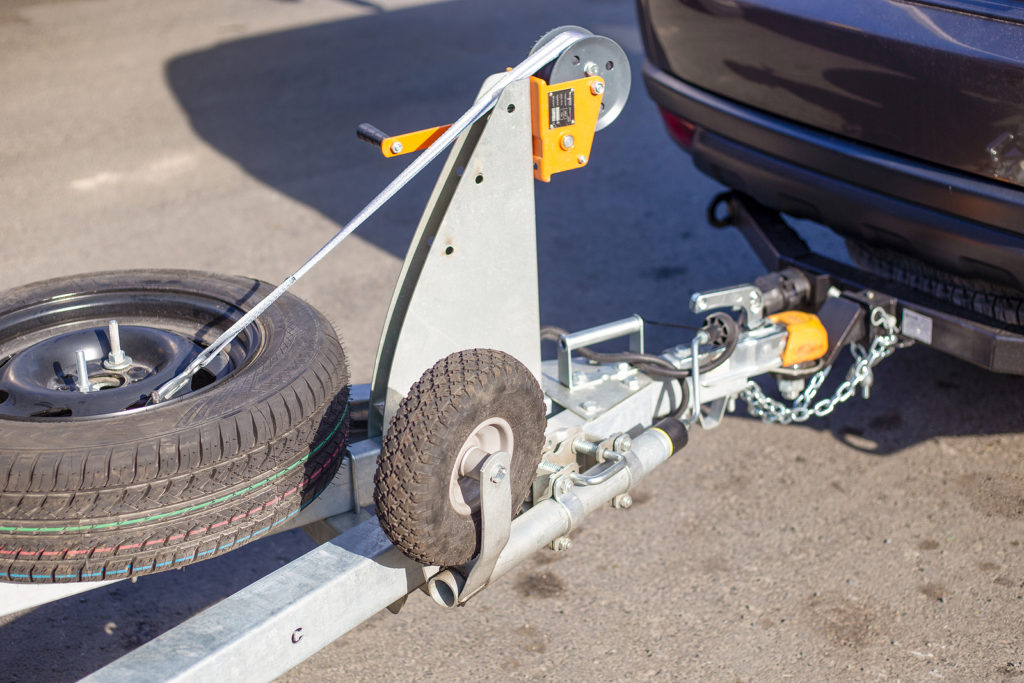
What is Tongue Weight?
Tongue weight (TW) is the amount of fixed force the trailer applies on the hitch ball of your vehicle. Without adhering to your vehicle’s manufacturer’s guidelines for tongue weight and towing capacity, you are at a much higher risk of accidents and property damage occurring during the tow. Simply put, it is not safe to tow a trailer that is not putting enough weight or too much weight on the hitch ball.
Without enough weight, the trailer is prone to swaying side to side, which is a leading cause of serious motor vehicle accidents in the country. While starting off as a first time tower, be sure to review what you should do if your trailer starts to sway, just to be prepared in the case of an emergency. If there is too much weight on the hitch ball, then you can risk putting too much force on the back tire of your car, which can cause the rear of the vehicle to sway or lift off of the ground.
Can you picture driving a car with elliptical wheels rather than circular wheels? The ride would most certainly feel unsteady and uncontrollable. Driving a car with improper tongue weight would be much like this. Forget navigating turns, taking corners, backing up, or even braking, successfully. Although this is just a brief explanation of tongue weight, you can see just how dangerous incorrect tongue weight calculations can be for drivers, as well as other pedestrians and passengers on the road.
How to Calculate Your Car and Trailer Tongue Weight
To determine your vehicle and trailer tongue weight guidelines, simply refer to your owners’ manual. The general rule of thumb is that the tongue weight should be approximately 10 to 15 percent of the towing vehicle’s total weight. Take a standard 2,400 lb. sedan loaded with 1,000 lbs. of freight, for instance. The recommended tongue weight would be between 340 and 510 pounds, which is 10 to 15% of the total 3,400 pounds being towed.
Some make and model vehicles require a hitch upgrade for tongue weights higher than a 700 or 800 pounds. One example of this would be the Sierra 1500 pickup truck, which requires owners to switch from a weight-carrying hitch to a weight-distributing hitch. Also, some gooseneck and fifth wheel trailers are designed for heavier loads, so their recommended tongue weights are generally between 15 and 30 percent, rather than 10 to 15 percent.
Where to Get 24 HR Towing and Roadside Assistance in Central Indiana
Call Zore’s Towing at 317-247-8484 for 24 hour roadside assistance and towing services in Indianapolis and throughout Central Indiana. We are fully-equipped with the right fleets to assist cars, trucks, motorcycles, boats, construction equipment, trailers, vans, semi-trucks, airplanes, and much more. Our friendly staff is waiting by the phones, ready to help you get back on the road, safe and sound. We operate 24 hours a day, 7 days a week, and 365 days a year, so you can always count on us. Request a free estimate, today.


